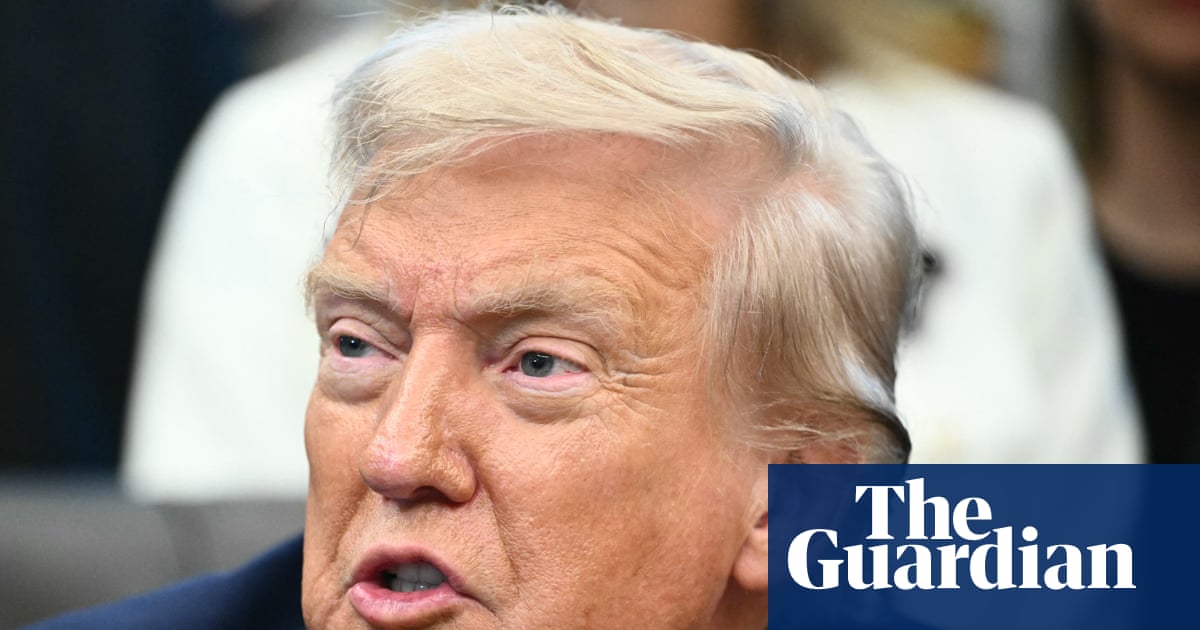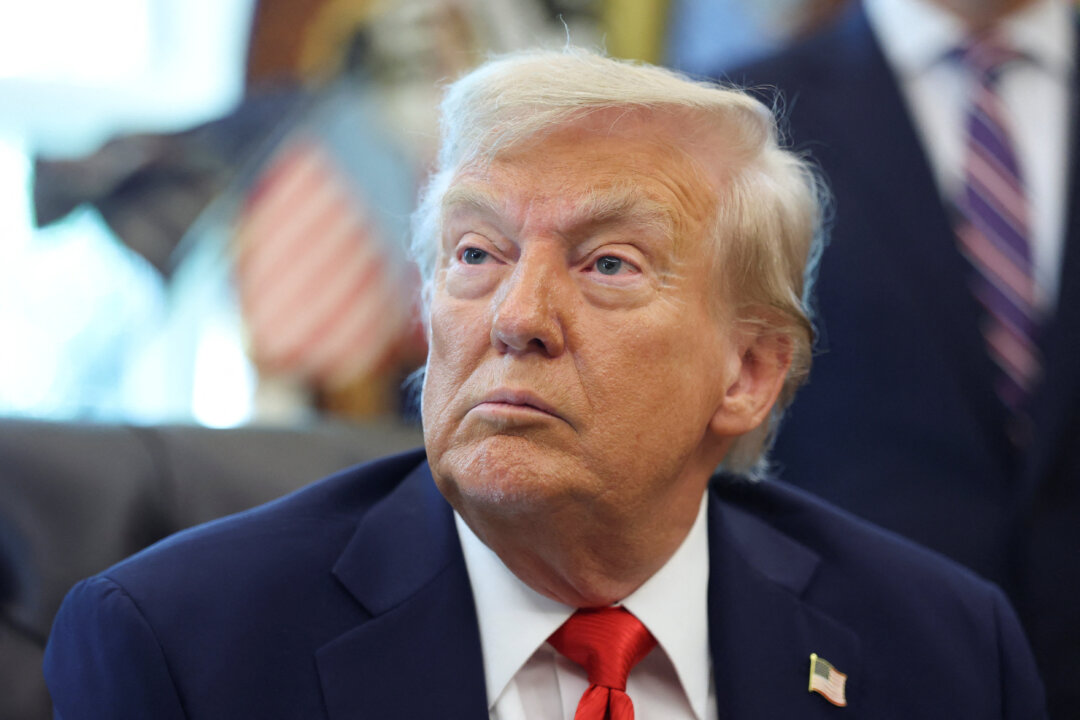President Trump Threatens Tariffs Over Discriminatory Digital Taxes
President Trump threatens tariffs on nations implementing digital taxes and regulations he views as discriminatory. This aims to protect U.S. technology companies from perceived unfair trade practices.
Subscribe to unlock this story
We really don't like cutting you off, but you've reached your monthly limit. At just $5/month, subscriptions are how we keep this project going. Start your free 7-day trial today!
Get StartedHave an account? Sign in
Overview
- President Trump has issued a strong warning, threatening to impose tariffs on nations that implement specific digital taxes or regulations targeting U.S. technology companies.
- These potential tariffs are a direct response to policies Trump views as discriminatory, explicitly designed to harm American technology interests operating abroad.
- The administration accuses these countries of deliberately crafting digital taxes and regulations with the intention of undermining U.S. tech giants' global competitiveness.
- The threatened tariffs aim to counteract what the administration perceives as unfair trade practices and economic aggression against American technology businesses.
- This strategic move underscores President Trump's commitment to protecting American businesses and jobs from foreign policies deemed detrimental to their global standing.
Report issue

Read both sides in 5 minutes each day
Analysis
Center-leaning sources frame this story by portraying President Trump as "tariff-obsessed," emphasizing his aggressive tactics and the potential for "destabilizing global trade." They connect his defense of the tech industry to his personal relationships with CEOs, implying a transactional motive, while implicitly validating European digital regulations. This collective editorial approach shapes a critical narrative around his policy.
Articles (7)
Center (3)
FAQ
President Trump issued a presidential memorandum directing U.S. trade and commerce agencies to investigate digital service taxes and unfair foreign policies targeting American tech companies, and to recommend responsive measures such as tariffs.
The dispute involves the use of Section 301 of the Trade Act of 1974, which the U.S. previously used to challenge digital service taxes in Europe, as well as ongoing scrutiny of the EU’s Digital Markets Act and Digital Services Act.
U.S. tech companies dominate the global market, making them primary targets for digital service taxes which are seen as disproportionately aimed at American multinationals due to their size and market influence.
These policies increase operational costs for U.S. companies, limit their global competitiveness, and potentially expose sensitive information to foreign regulators, impacting American businesses and jobs negatively.
Several OECD countries including France, Italy, Spain, and the UK, as well as non-OECD countries such as Argentina, India, Brazil, Indonesia, Kenya, Nigeria, and Vietnam, have implemented or proposed digital service taxes.
History
- 2M

 3 articles
3 articles





